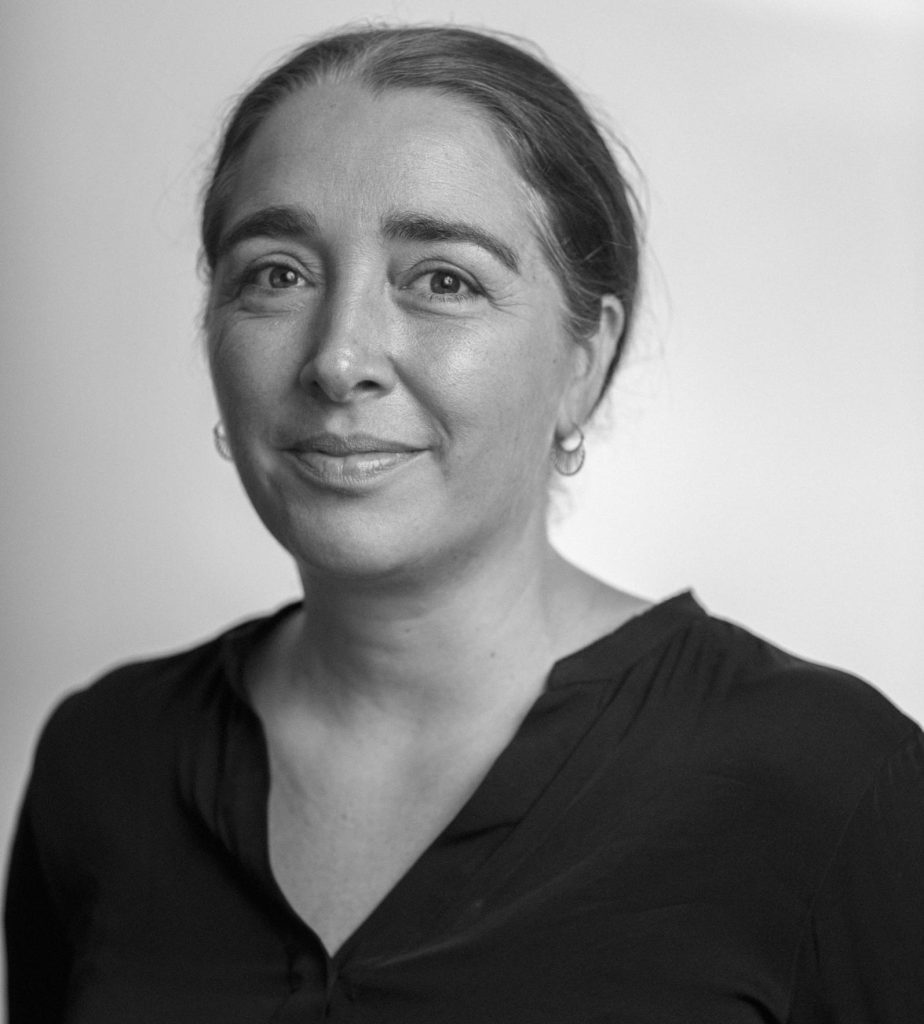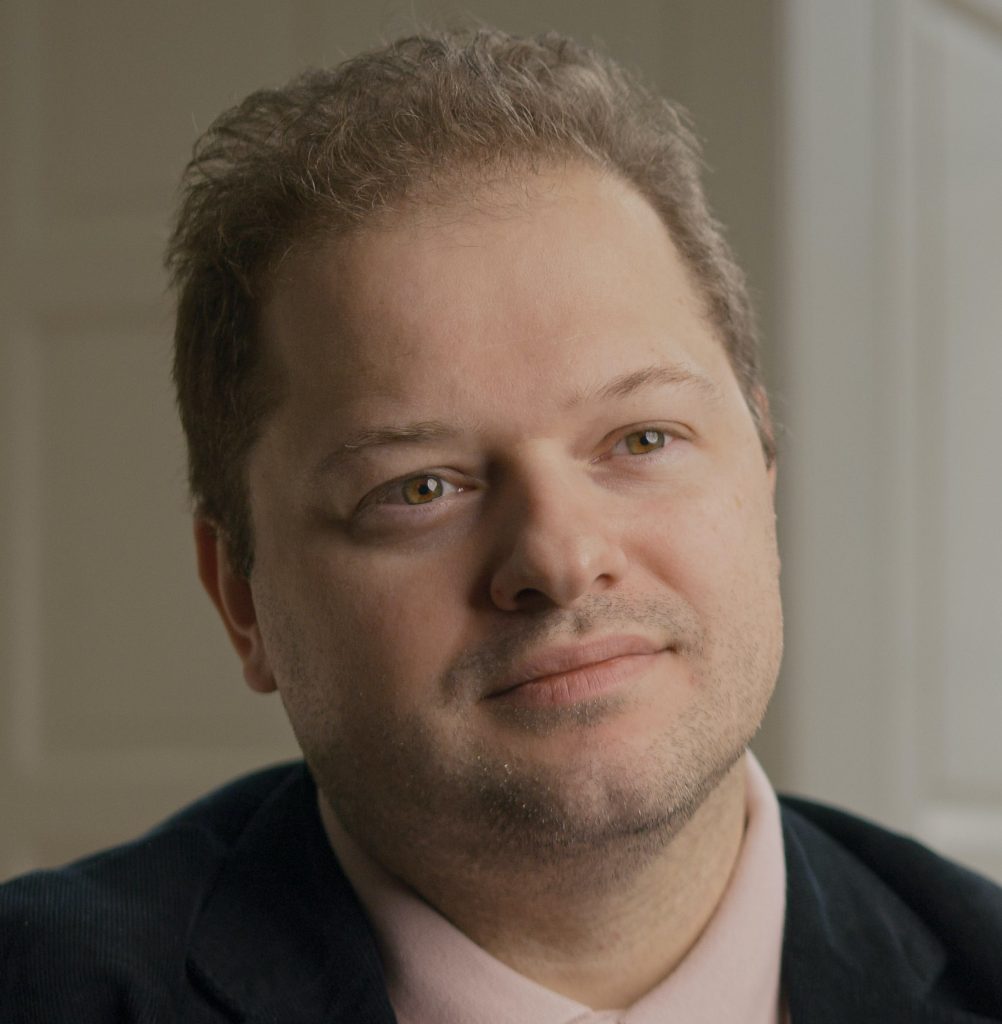
Marie Juul Petersen is a senior researcher at the Danish Institute for Human Rights.
Dmytro Vovk is a visiting professor at the Benjamin N. Cardozo School of Law.
A version of this blog post appeared previously on Open Global Rights.

In June 2023, the UN Independent Expert on protection against violence and discrimination based on sexual orientation and gender identity (SOGI) presented his report on SOGI-related violence and discrimination and the right to freedom of religion or belief (FoRB).
The report is much needed, as the relationship between FoRB and rights related to sexual orientation and gender identity is widely seen as one of antagonism and controversy by both FoRB actors and the LGBTQI+ community. At the same time, both rights are crucial for ensuring individuals’ freedom to live their own lives in the manner they choose. This has been emphasised by the UN Special Rapporteur on FoRB, together with other UN Special Rapporteurs, in a 2021 joint statement asserting that “the right to freedom of religion or belief and the right to live free from violence and discrimination based on sexual orientation or gender identity are both built on a promise of human freedom.”
Religion, Violence, and State-Sanctioned Discrimination Against LGBTQI+ People
Religion is often misused as an excuse for abuse and violence against people because of their sexual orientation or gender identity. Examples include so-called “conversion therapy” and “corrective rape,” forced sterilizations, hate crimes, and incitement to violence. Such actions are clearly not protected by the right to FoRB because human rights can never be invoked to justify any form of abuse or violence, regardless of whether such harms are “legitimized” with reference to religion or not.
Furthermore, religion, religious morality, or religiously inspired “traditional values” cannot legitimately be used as grounds for nonviolent discrimination against LGBTQI+ persons. (Here we do not discuss cases which are usually covered by religious autonomy, for example, priests’ right not to perform same-sex marriages.) FoRB protects the right of individuals to believe what they want and to practice and manifest this belief, alone or in community with others. While the right to have, change, and leave a religion or belief can never be restricted, the right to manifest a religion or belief can—and should—be limited in certain circumstances, most importantly when these manifestations violate the rights and freedoms of others.
However, around the world, religion, or its conservative interpretations, are frequently invoked to restrict the rights of LGBTQI+ persons. In March 2023, for instance, the Ugandan Parliament passed a law criminalizing, among other acts of commission and omission, LGBTQI+ identification with a punishment of 20 years in prison as a way, in the words of one MP, to “protect our church culture; the legal, religious and traditional family values of Ugandans.”
Last year, Russia introduced a full ban on so-called “gay propaganda,” including the dissemination of information that “promotes” or “praises” same-sex relations. The ban has made it virtually impossible to share any positive or even neutral information on LGBTQI+ issues, for example, publishing and selling books that include LGBTQI+ characters. An author of the law referred to its support by the Russian Orthodox Church and argued that the law is a response to the ideological war conducted against Russia by the West [1].
Such laws constitute severe interference in LGBTQI+ people’s freedom and personal autonomy, violate their human dignity, and further stigmatize them in the eyes of wider society. The state’s utilization of religion for these purposes cannot in any way be justified with reference to FoRB. In addition, as the UN Independent Expert on SOGI emphasizes in his report, state-sanctioned violence and discrimination against LGBT people normalizes non-state human rights abuses (para. 20).
Freedom of Religion or Belief of LGBTQI+ Persons
Discrimination of LGBTQI+ persons often includes restrictions on their right to FoRB. In different parts of the world, LGBTQI+ persons of faith experience restrictions on their right to worship, teach, or disseminate religious materials because of their sexual orientation or gender identity. LGBTQI+ persons are accused of blasphemy or heresy when advocating for gender-sensitive interpretations of religion. But FoRB protects the right of everybody, which includes LGBTQI+ persons, to have or manifest a religion or belief. It is not up to the state to endorse either conservative or progressive interpretations of religion, but the state can—and should—promote an inclusive society where there is room for different beliefs and convictions to coexist and be practiced freely and peacefully.
In such a context, the right to FoRB can in fact be a tool to empower LGBTQI+ persons in their struggle for equal rights. All over the world, religious feminists, LGBTQI+ activists, and other faith-based gender-equality advocates insist on their freedom to believe and practice their beliefs in a way that is consistent with—and inextricably intertwined with—principles of gender equality and non-discrimination. The Global Interfaith Network, for instance, is a network of individuals and organizations “committed to using [their] beliefs and traditions to ensure that the views, values and rights of people of all sexes, sexual orientations, gender identities and expressions are recognised, respected, and valued.”
Disputes Around FoRB and LGBTQI+ Rights
Obviously, there are situations where the relationship between the right to FoRB and the right to be free from discrimination is less clear-cut than those alluded to above. For instance, can religious preachers claim the right to express even strongly homophobic views as part of their religious freedom? [2] Should religious institutions be allowed to fire an employee on the grounds that their sexual orientation or gender identity is incompatible with the organization’s religious ethos? Can civil registrars be exempted from officiating same-sex marriage on religious grounds?
There are no easy answers to these questions, and different jurisdictions take different approaches to resolving such disputes. However, human rights norms oblige us not to construe these situations as expressions of inherent and insurmountable conflicts between two mutually exclusive sets of rights, resulting in zero-sum solutions where one right trumps the other.
The fact that some of these disputes may be between two different claims to FoRB, rather than between claims to FoRB and non-discrimination, respectively, only contributes further to dismantling this notion of an inherent clash of rights. We must carefully assess the rights claims of both sides and seek solutions that maximize protection for all, seeking “practical concordance” of the claims involved, as noted by Heiner Bielefeldt, former UN Special Rapporteur on FoRB. This requires careful analysis, context sensitivity, respectful dialogue, and, where possible, a search for compromise, such as the Utah Compromise mentioned in the UN Independent Expert’s report (para. 66).
Searching for Solutions
When searching for solutions to concrete conflicts or disputes, it is worth recalling that, across the globe, the oppression of religious minorities often goes hand in hand with discrimination based on sexual orientation or gender identity. Religious dissidents’, atheists’ and LGBTQI+ persons’ rights are often restricted in similar ways. Rather than nourishing antagonism and conflict, we should encourage the development of coalitions and alliances involving those FoRB defenders and SOGI rights advocates who support the advancement of both rights and the development of a social climate that is inclusive to persons of different religious and gender identifications. This is a difficult task, as it requires both parties (FoRB defenders and SOGI rights advocates) to overcome misinterpretations of FoRB and SOGI rights that often overshadow the dialogue between them. While the UN Independent Expert on SOGI’s report does not provide all solutions in the field, it may mark an important step in this direction.
References:
[1] In addition, Russian Orthodox Patriarch Kirill framed Russian aggression against Ukraine as a rejection of the Western sinful lifestyle and a reaction to “gay pride parades” imposed by the West.
[2] The UN Independent Expert refers to the Rabat Plan of Action as an important tool to counteract the incitement of hatred. However, the Rabat Plan of Action deals with the incitement of national, racial, and religious hatred, and, as some observers underscore, an international document condemning anti-LGBTQI+ hatred has yet to be developed. See Jeroen Temperman, Religious Speech, Hatred and LGBT Rights: An International Human Rights Analysis (Brill 2021).
